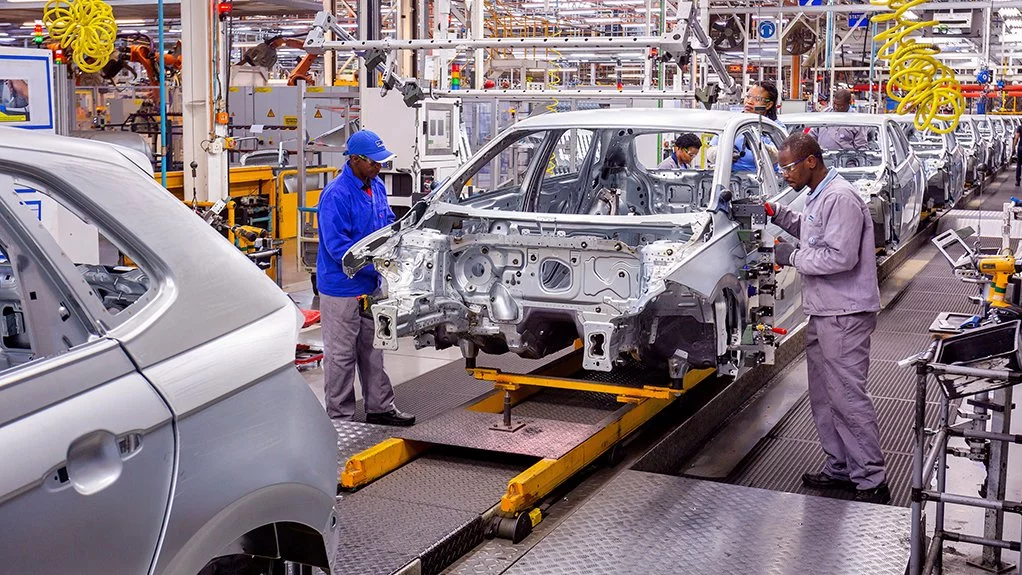Africa’s automotive industry is undergoing a transformation, with local manufacturing gaining momentum across the continent. Countries like Ghana and South Africa are leading the charge, investing in assembly plants and boosting production of African-built vehicles. This shift is not only creating jobs but also reducing reliance on imports, making cars more affordable for local consumers.
Ghana’s ambitious auto assembly plans
Ghana is making bold moves in the auto industry, with new assembly plants set to manufacture electric and fuel-powered vehicles. The country recently signed a Memorandum of Understanding (MoU) with China to establish a New Energy Vehicle (NEV) assembly plant, marking a significant step toward green transportation.
Additionally, Ghana is working with China’s Gecko New Energy Vehicle Technology to introduce electric commercial vehicles, replacing traditional fossil-fuel fleets. This initiative aligns with the country’s push for sustainable mobility, leveraging its strategic lithium deposits to support battery production.
Beyond electric vehicles, Ghana’s Strategic Anchor Industries Initiative has attracted global brands like Hyundai, Isuzu, Honda, KIA, Changan, and ZX Auto, with three new assembly plants set to begin production. The expansion of Toyota’s assembly plant to include Suzuki vehicles further strengthens Ghana’s position as a regional automotive hub.
South Africa’s booming auto Market
South Africa remains the largest automotive producer in Africa, with a thriving industry that contributes significantly to the country’s GDP. The sector has seen eight consecutive months of growth, with new vehicle sales surging by 22% in May 2025, according to Business Tech.
One of the standout performers is Suzuki South Africa, which has rapidly climbed the ranks to become the second-largest vehicle importer in the country. The company is expanding its operations with a new head office and distribution center, reinforcing its long-term commitment to the South African market.
As cited by statista, South Africa’s electric vehicle (EV) market is also gaining traction, with over 1,000 battery electric vehicles (BEVs) sold in 2024. Hybrid and plug-in hybrid sales have grown by over 60% year-on-year, signaling a shift toward sustainable transportation.
The rise of African-built vehicles
Local car manufacturers are making waves across Africa, proving that the continent can produce high-quality vehicles tailored to its unique conditions. The African automobile market was valued at $20.5 billion in 2024 and is projected to reach $26.3 billion by 2029, growing at a 5.1% annual rate, according to African Exponent.
Leading African brands include Kantanka (Ghana), Innoson (Nigeria), and Mureza Auto (Zimbabwe/South Africa), all of which are producing vehicles designed for African roads. These companies are helping to reduce import dependency, create jobs, and drive technological innovation.
Challenges and future prospects
Despite the progress, Africa’s auto industry faces challenges such as high production costs, limited infrastructure, and competition from global brands. However, with government incentives, trade agreements, and increasing consumer demand, the future looks promising.
As more African nations invest in local manufacturing and electric mobility, the continent is poised to become a major player in the global automotive market. The rise of African-built vehicles is not just about cars, it’s about economic growth, innovation, and a future where Africa drives its own destiny.
Would you consider buying an African-made car?




